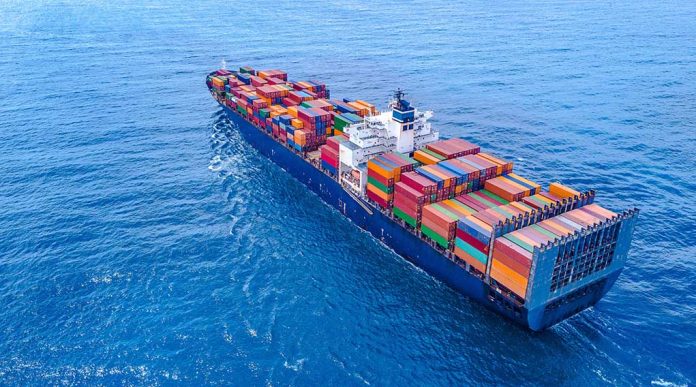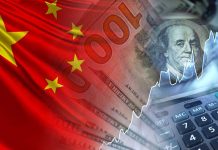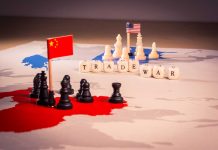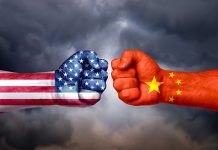
Hong Kong has completely halted package shipping to the United States in direct retaliation to President Trump’s massive 245 percent tariff increases on Chinese goods, marking a significant escalation in the ongoing trade war.
At a Glance
- Hong Kong’s post office has suspended all small parcel shipments to the U.S. effective May 2 due to new additional 120% tariffs
- The U.S. is ending the “de minimis” exemption that allowed tax-free entry for shipments under $800
- Airmail parcels will only be accepted until April 27, while document-only mail will continue
- President Trump has engaged in vital tariff negotiations with Japan as part of his broader trade strategy
- Chinese products now face tariffs up to 245 percent under the Trump administration’s trade policies
Hong Kong’s Shipping Shutdown: A Direct Response to Trump’s Tariff Policy
Hongkong Post has announced it will completely stop shipping small parcels to the United States in response to President Trump’s significant tariff increases. The suspension comes as the U.S. prepares to impose a staggering 120% tariff on small-value parcels from Hong Kong beginning May 2. This decisive action eliminates the longstanding “de minimis” exemption that previously allowed goods valued under $800 to enter the United States tax-free, a loophole that China has extensively utilized through Hong Kong’s shipping channels.
The postal service has made it clear they will not collect tariffs for the U.S. government, leading to the full suspension of non-airmail parcel shipments to American destinations. For those still needing to send items, Hongkong Post will continue accepting airmail parcels only until April 27, after which all package shipping services to the U.S. will cease. Only document-only mail will continue to be processed and delivered, highlighting how extensively this policy change impacts cross-border commerce.
China Faces Unprecedented Tariff Levels Under Trump Administration
President Trump’s administration has taken an aggressive stance against Chinese trade practices by implementing tariffs as high as 245 percent on certain Chinese products. This represents one of the most substantial trade actions against China in recent history, designed to protect American manufacturers and address the persistent trade imbalance. Hong Kong, despite its historical status as a free port with different trade policies from mainland China, is now caught in the crossfire after the U.S. began treating it as part of China following Beijing’s implementation of a national security law in 2020.
“For sending items to the US, the public in Hong Kong should be prepared to pay exorbitant and unreasonable fees due to the U.S.’s unreasonable and bullying acts” – the Hong Kong government said.
What began as a planned 30% tariff to replace the exemption has now escalated dramatically to 120% through President Trump’s executive order. This significant increase has prompted Hong Kong officials to issue strongly worded statements criticizing the United States for what they describe as “unreasonable and bullying” tariffs. The Trump administration’s decision to apply the same 145% tariffs on Hong Kong that it places on Chinese imports underscores the current approach of treating Hong Kong as fully integrated with China’s economy despite its semi-autonomous status.
Trump Engages in Strategic Trade Negotiations with Japan
While tensions with China escalate, President Trump has taken a proactive approach by personally attending tariff talks with Japan in Washington. These high-level discussions represent a key component of the administration’s broader trade strategy to rebalance America’s international commercial relationships. By engaging directly with Japanese officials, President Trump demonstrates his commitment to addressing trade concerns not just with adversaries like China, but also with traditional allies in pursuit of fair trade practices that protect American workers and businesses.
“The US is unreasonable, bullying and imposing tariffs abusively,” a Hong Kong statement read.
The suspension of shipping services represents more than just a logistical inconvenience — it signals a deepening divide in international trade relations and highlights the increasingly confrontational stance between the United States and China. As Hong Kong’s status as a separate customs territory continues to erode, these trade actions further integrate it into the broader U.S.-China trade conflict. With President Trump’s administration taking firm action to confront what it sees as unfair trade practices, Americans can expect continued decisive measures to protect our economic interests and national security.






















